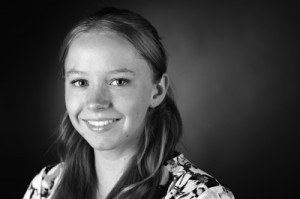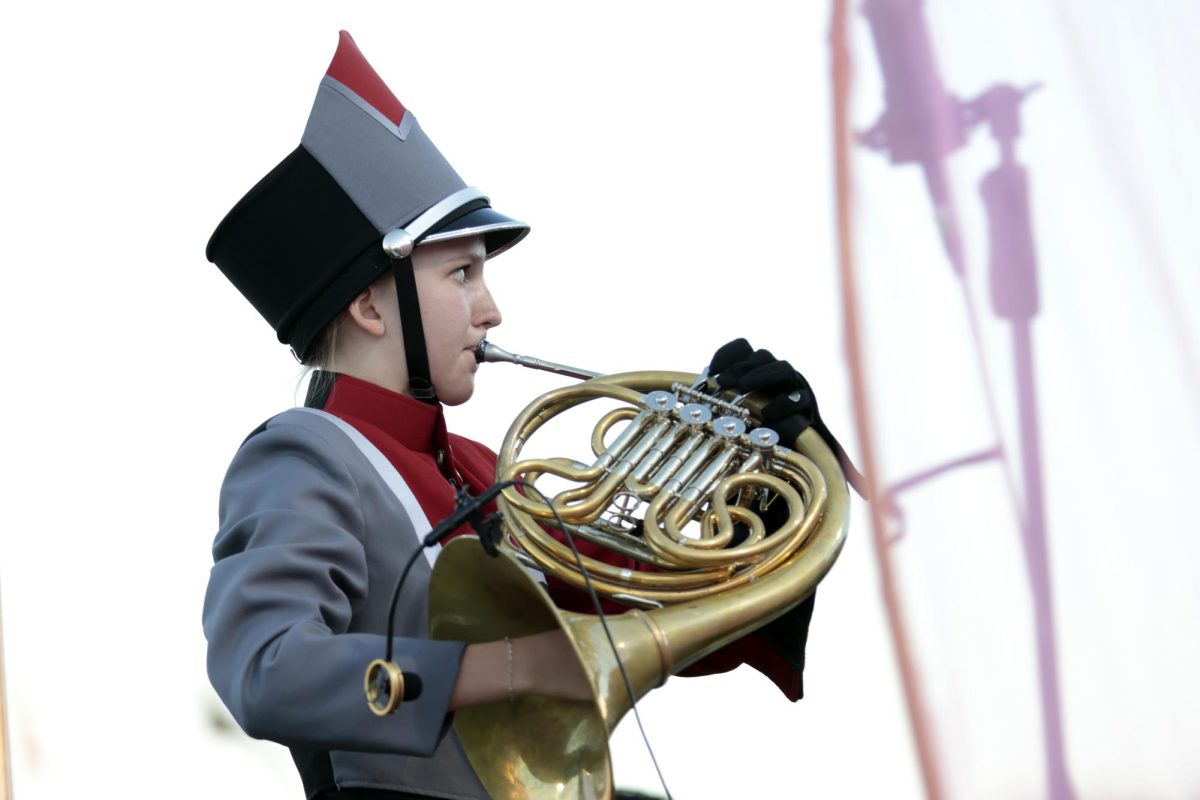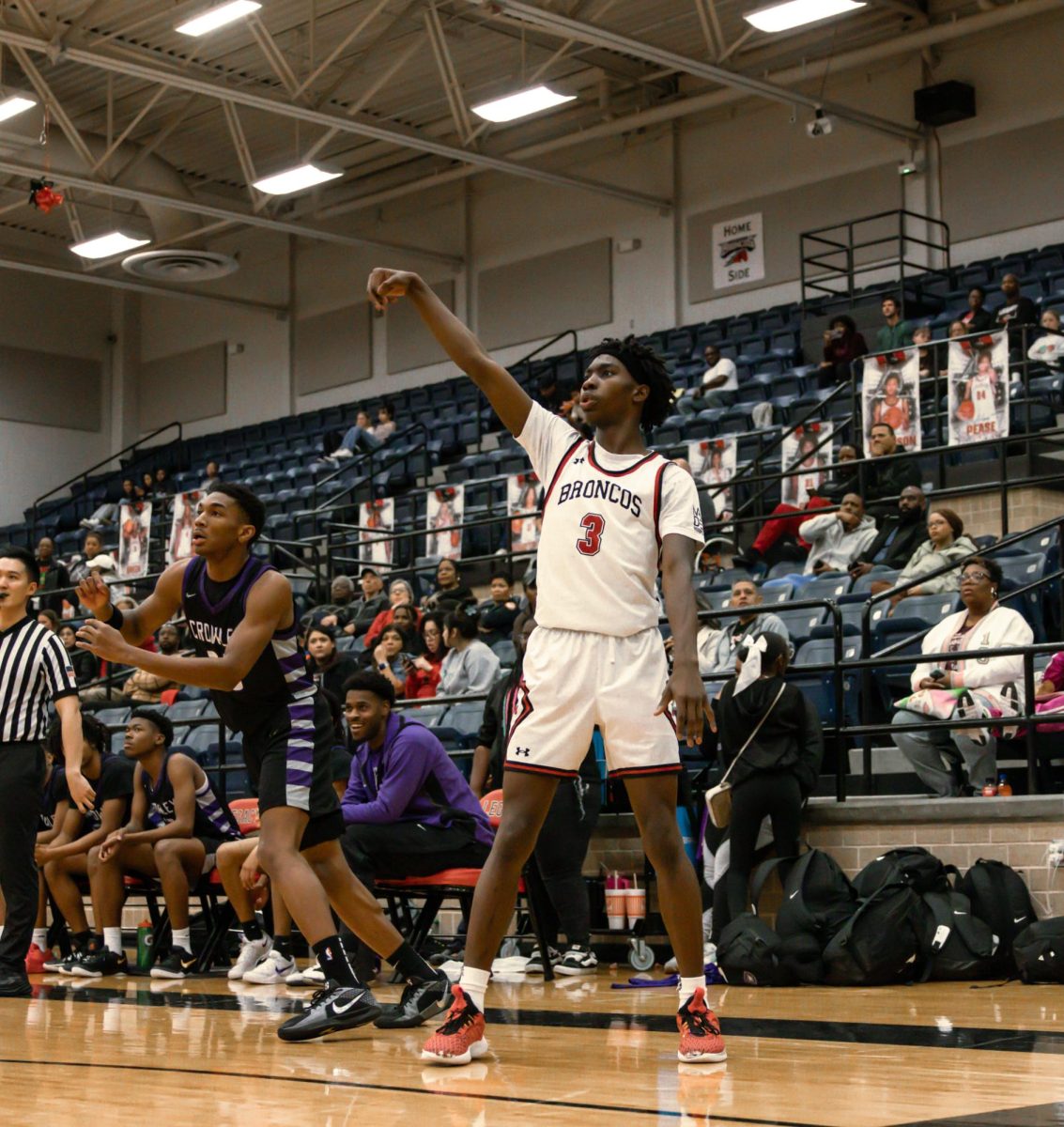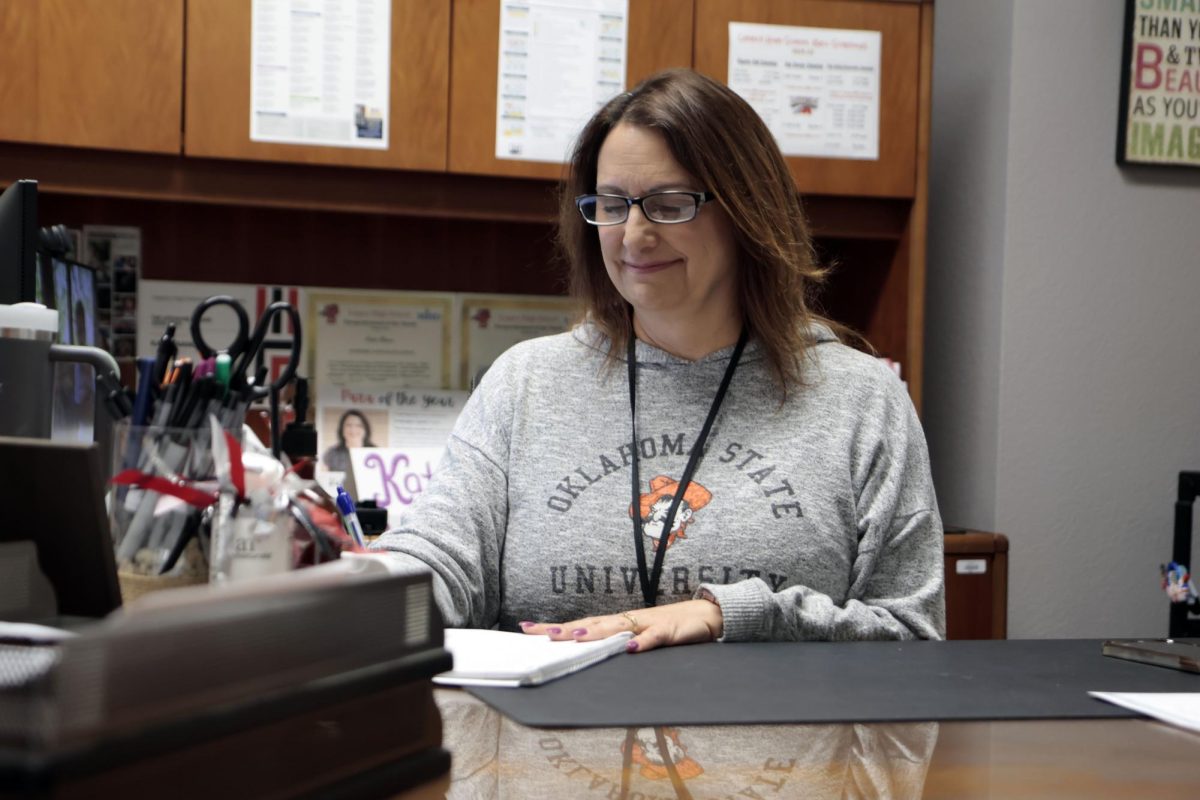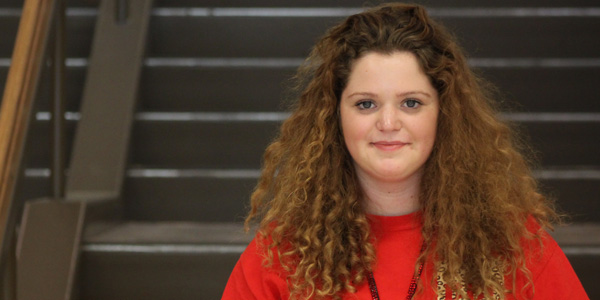
The long, 5,047 mile flight from the northern part of Europe, across the North Atlantic Ocean, and over a few states transports junior Lynia Papenhagen from her home in Hamburg, Germany to Burlington, Vermont. She stayed at culture camp from July 25 to Aug. 4 with 500 other foreign exchange students as they learn what their lives in America will be like. In the culture camp, foreign exchange students from over 17 different countries played games, visited Boston, and prepared for their new lives. Soon, Papenhagen is airborne again, ready to begin her experience as a foreign exchange student.
“I chose to come to America because I wanted to know what the ‘real’ American life is like. I also wanted to improve my English skills and to experience many different things,” Papenhagen said. “My favorite part of America is the language and the culture camp in Vermont because I got to meet other foreign exchange students from all over the world.”
Papenhagen began her experience at Lake Ridge, but transferred to a different host family due to clashing personalities. On Jan. 7, she started school at Legacy. The American school system differs from that of Germany in many different ways. German schools have eight blocks, but they have a schedule sorted into A, B, C, D and E days. Whereas the students in American change classes, in Germany, the teachers change and the students stay in class all day.
“I prefer the schedule at home because everyday is different and I don’t have the same day every day.” Papenhagen said.
In Germany, athletes go to private organizations for sports. Teams consist of students from all schools, so they get to mingle and play together. Though Papenhagen tried many sports in Germany, she never continued them. She joined the track team as an after school activity because she wanted to try something new. In Germany, students have one PE lesson a week, opposed to daily workouts.
“I didn’t know Americans were so into athletics,” Papenhagen said. “I knew football was big, but not the other sports. Honestly, I thought Americans were lazier, but most really are into athletics. I wasn’t in athletics at home because I had to concentrate on school. I didn’t have time and was preparing to graduate, but I will start athletics when I get home.”
Of all things, Papenhagen will remember the moment she arrived, the moment her life changed, and the final moments before she leaves. To her, the moment she arrived, there was a new beginning for her. When the time comes, she will board a plane back to Germany and leave her new life as an American behind.
“Twelve hours on a plane and I was tired,” Papenhagen said. “When we arrived, some of the camp leaders got on the bus and were so happy, but we were all so tired. When I leave though, I will probably cry because it is sad.”
On the flight to Burlington, Papenhagen had mixed feelings about her journey. She said she was scared and happy and felt sick to her stomach.
“I came here to do American things,” Papenhagen said.
Her first host family lived a European lifestyle because her father was from England and her mother was from Germany. Papenhagen transferred to a new host family.
“I feel like part of the family here. I will miss having a sister. Some people say we act like real sisters.”



